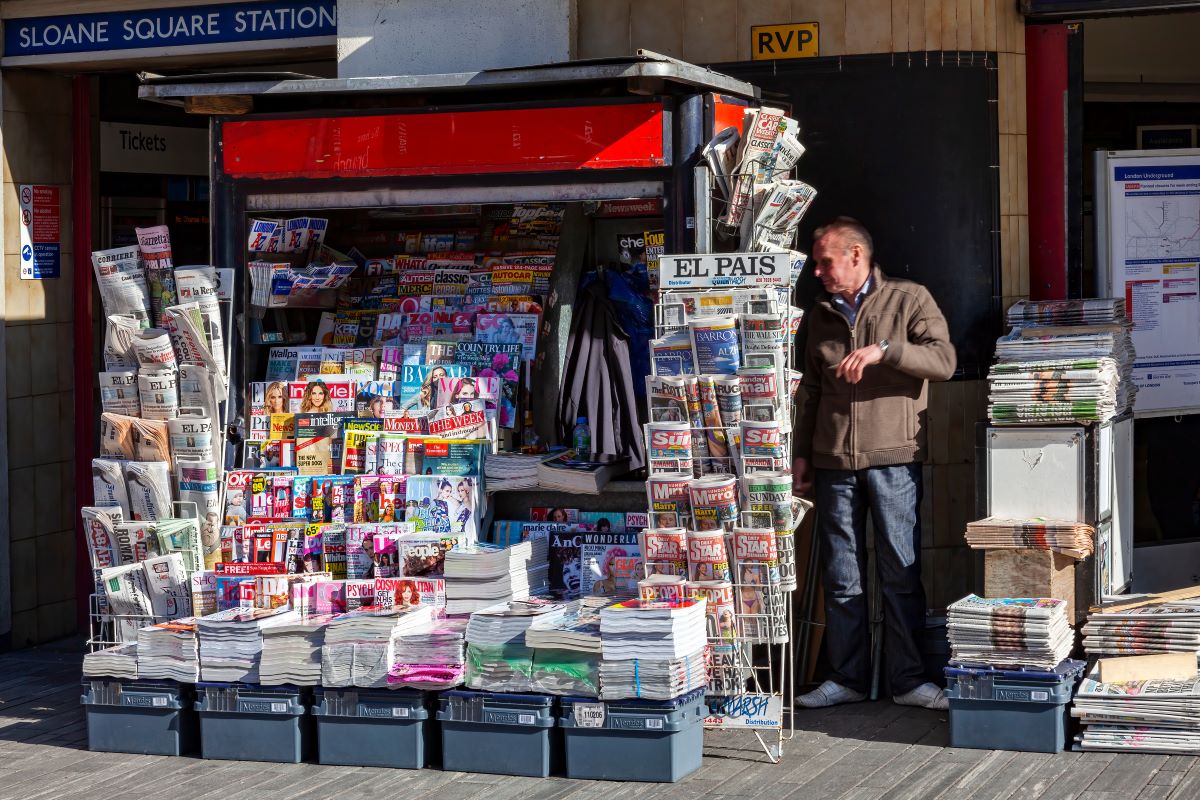The British tabloid media is more than just sensational headlines and celebrity gossip; it’s a powerful tool for diverting attention and distorting reality. Curious about how these papers manipulate your view of the world? Here’s an in-depth look at 21 shocking ways British tabloids are leading us astray.
1. Celebrity Obsession as a Distraction
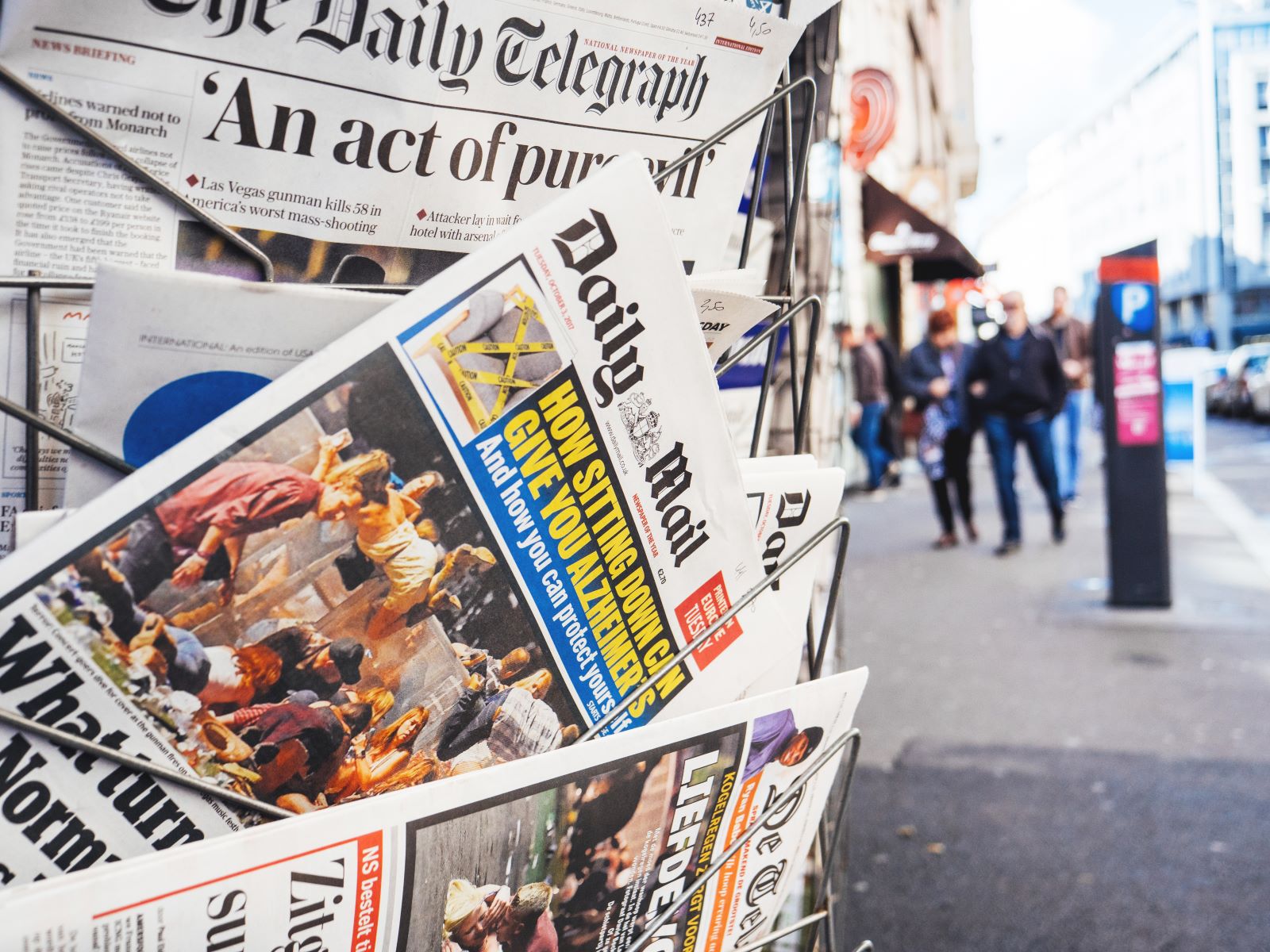
Tabloids like The Sun and The Daily Mail keep us glued to celebrity scandals, masking significant political and social issues. This obsession diverts our focus from pressing matters like climate change and economic inequality.
2. The Phone Hacking Conspiracy

The News of the World phone hacking scandal revealed a disturbing link between tabloids and the police. Journalists were caught bribing officers for private information, exposing a deeply corrupt relationship that undermines public trust.
3. Boris Johnson’s Tabloid Ties
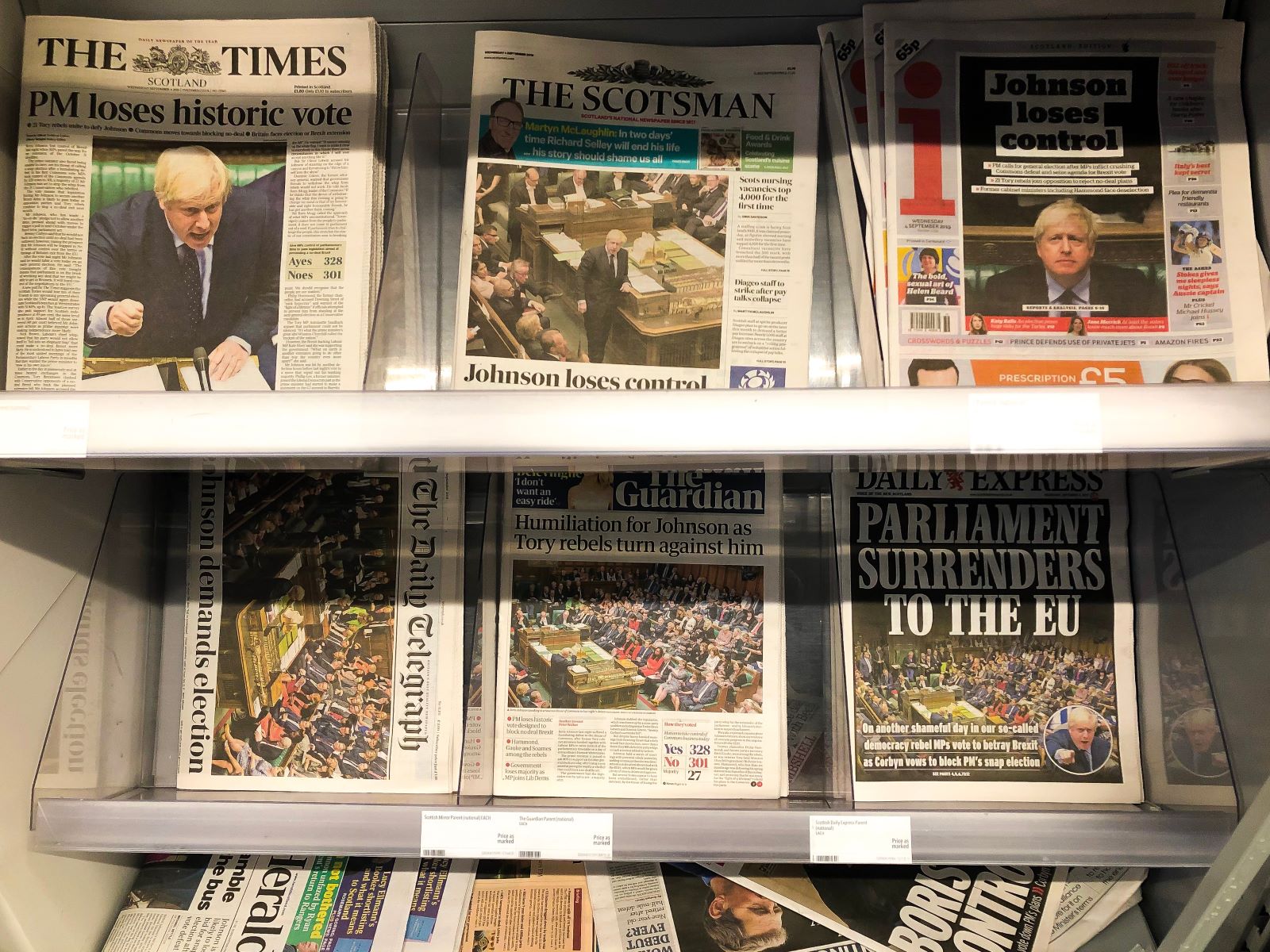
Boris Johnson enjoyed favourable coverage from tabloids owned by Rupert Murdoch throughout his political career. This preferential treatment helped him evade serious scrutiny over controversies like his handling of COVID-19 and Brexit.
4. The Blair-Murdoch Alliance

Tony Blair’s close relationship with Rupert Murdoch influenced media coverage of the Iraq War. The Sun and other Murdoch-owned papers supported the war, illustrating how media moguls can shape government policy.
5. Brexit Lies and Tabloid Influence
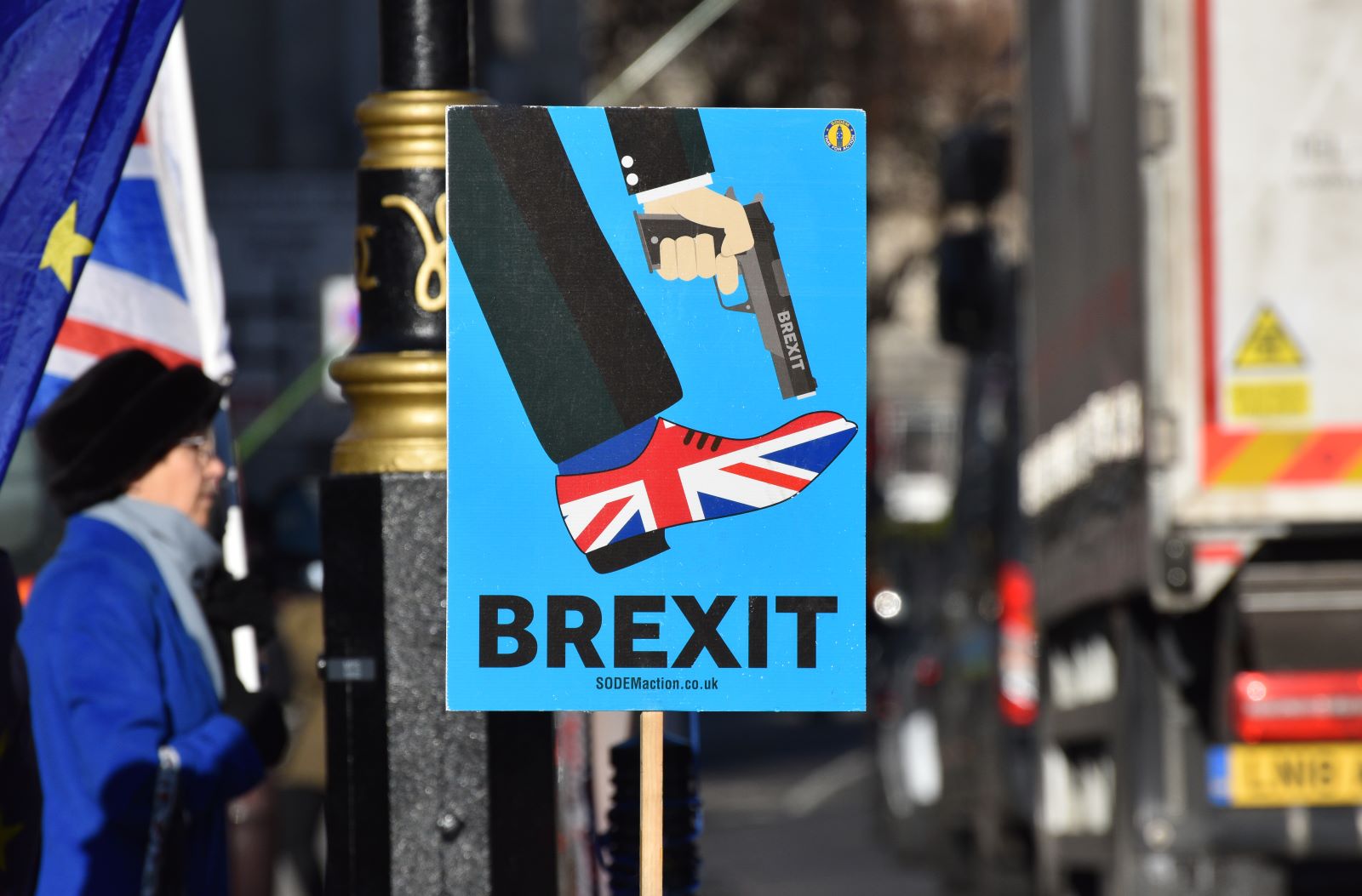
During the Brexit referendum, tabloids peddled falsehoods about EU regulations and immigration. Papers like The Sun and The Daily Mail spread exaggerated claims that played a crucial role in swaying the public vote.
6. Anti-Immigrant Fear-Mongering

Tabloids have a notorious track record of dehumanising immigrants, using sensational headlines to create fear. During the Syrian refugee crisis, papers like The Daily Mail ran xenophobic stories that stoked public anxiety.
7. Climate Change Denial

Despite overwhelming scientific consensus, tabloids like The Express promote climate change denial. This coverage undermines efforts to address global warming and misinforms the public about environmental issues.
8. Skewed Economic Reporting
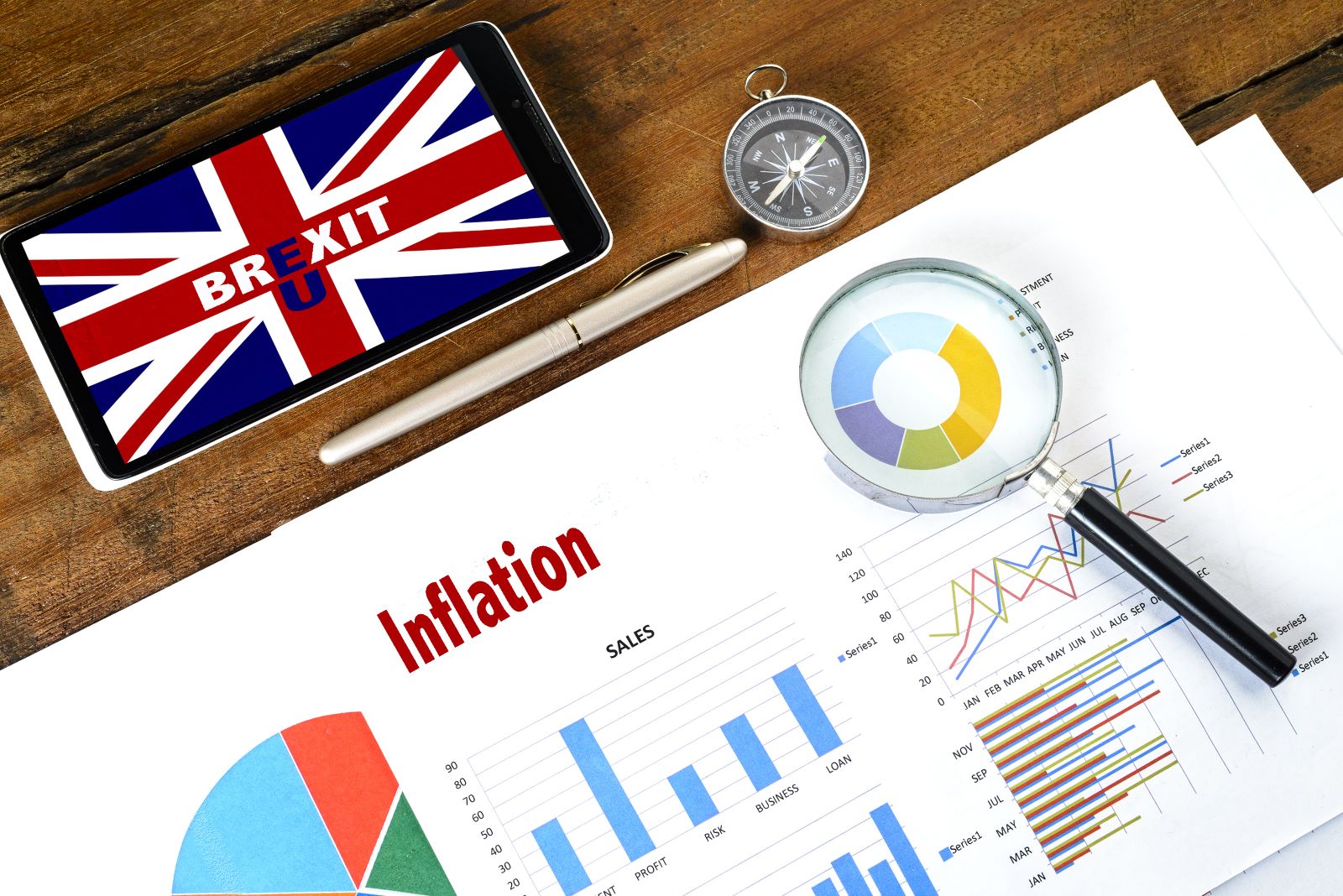
Tabloids often simplify complex economic issues, focusing on individual failings rather than systemic problems. This narrow reporting during the 2008 financial crisis diverted attention from necessary economic reforms.
9. Scapegoating Welfare Recipients

During times of economic hardship, tabloids frequently target welfare recipients as “scroungers.” This scapegoating shifts the focus away from systemic issues and fuels public resentment towards those in need.
10. The War on Terror’s Tabloid Support

Following the 9/11 attacks, tabloids largely backed the ‘War on Terror,’ often ignoring its impact on civil liberties. This one-sided coverage contributed to widespread public support for controversial military policies.
11. Health Scares and Misinformation

Health reporting in tabloids can be dangerously misleading, as seen with contradictory articles about cancer risks. This misinformation can erode trust in public health recommendations and cause confusion.
12. Exploiting Terror Attacks

Tabloids have been criticised for sensationalising terror attacks to boost sales. This exploitation can perpetuate fear and stoke xenophobia, distorting the public’s understanding of terrorism.
13. Undermining Political Opponents
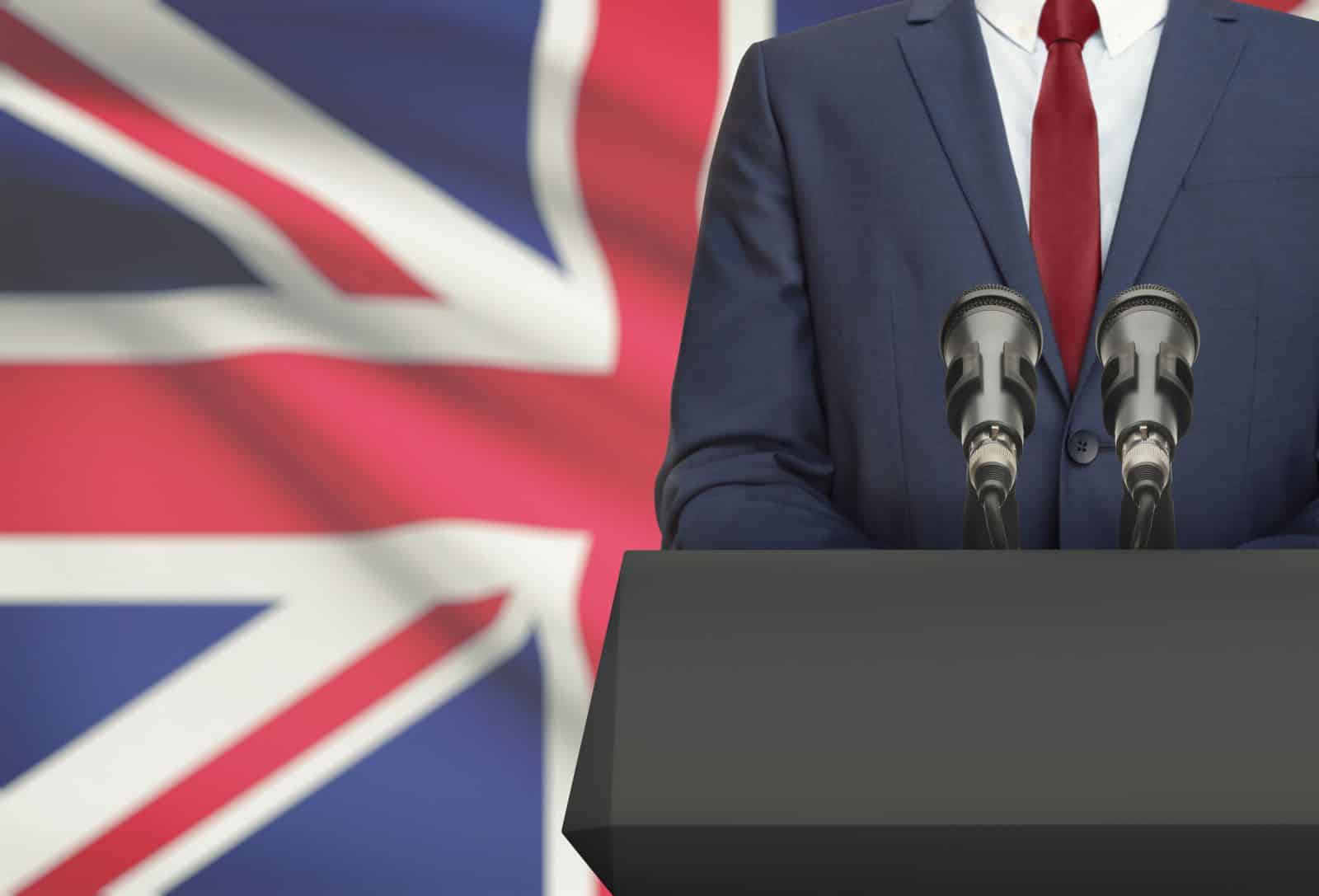
Tabloids frequently attack politicians who challenge their interests. This biased reporting aims to discredit opposition figures and sway public opinion favouring their preferred parties.
14. Misleading Election Coverage
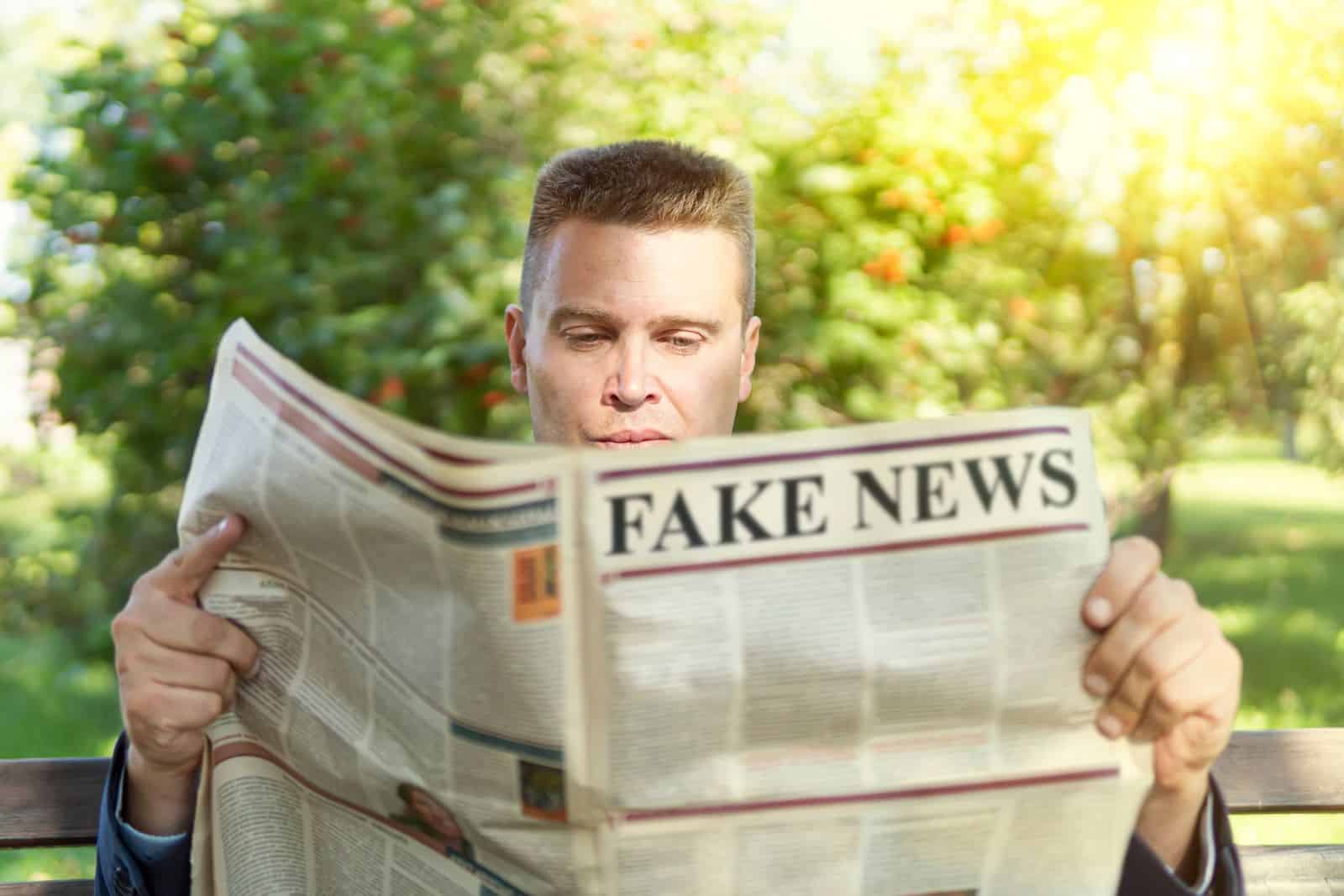
During elections, tabloids play a strategic role in shaping voter perceptions with biased coverage. This manipulation often aligns with the media owners’ political affiliations and business interests.
15. Corporate Misconduct and Media Silence

Tabloids rarely scrutinise corporate misconduct, likely due to the influence of advertising revenue. This lack of critical reporting allows businesses to avoid accountability for unethical practices.
16. Historical Revisionism
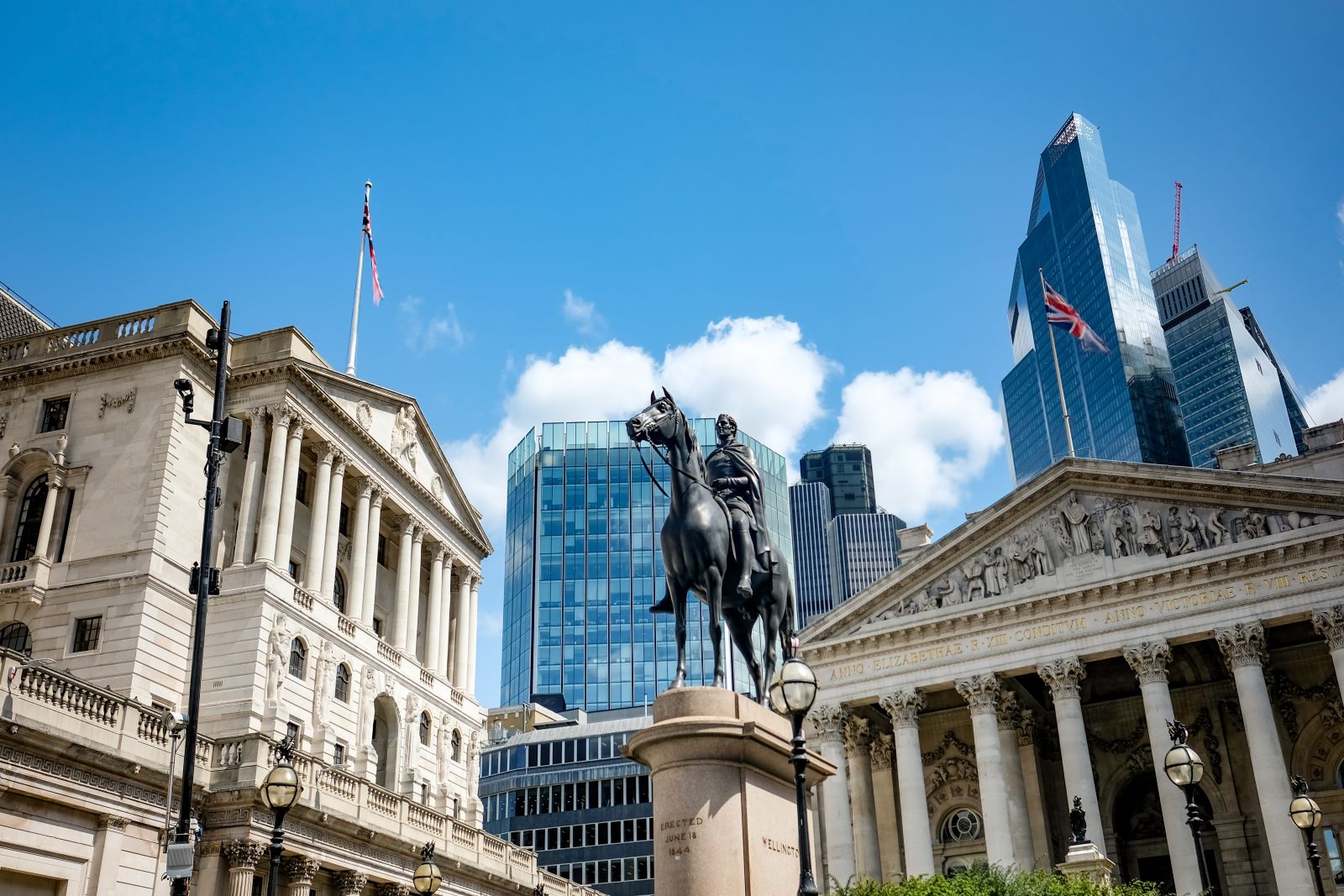
Tabloids sometimes distort historical narratives to fit current agendas, influencing public perception and national identity. This revisionism can perpetuate myths and affect international relations.
17. Suppressing Progressive Voices
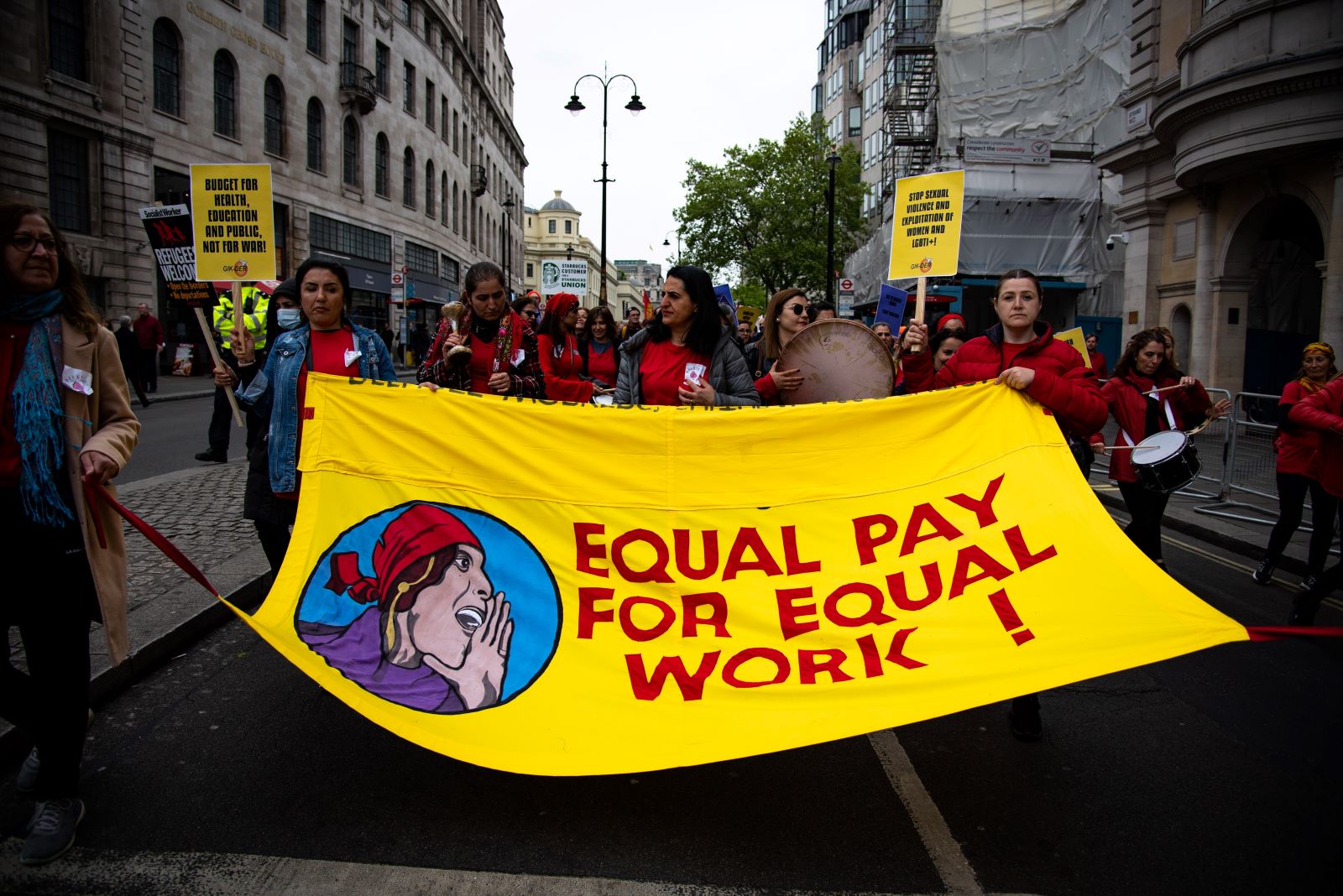
Progressive movements advocating for social change often face negative media coverage. Tabloids undermine these voices, maintaining the status quo and resisting meaningful reform.
18. The Royal Family’s Media Manipulation
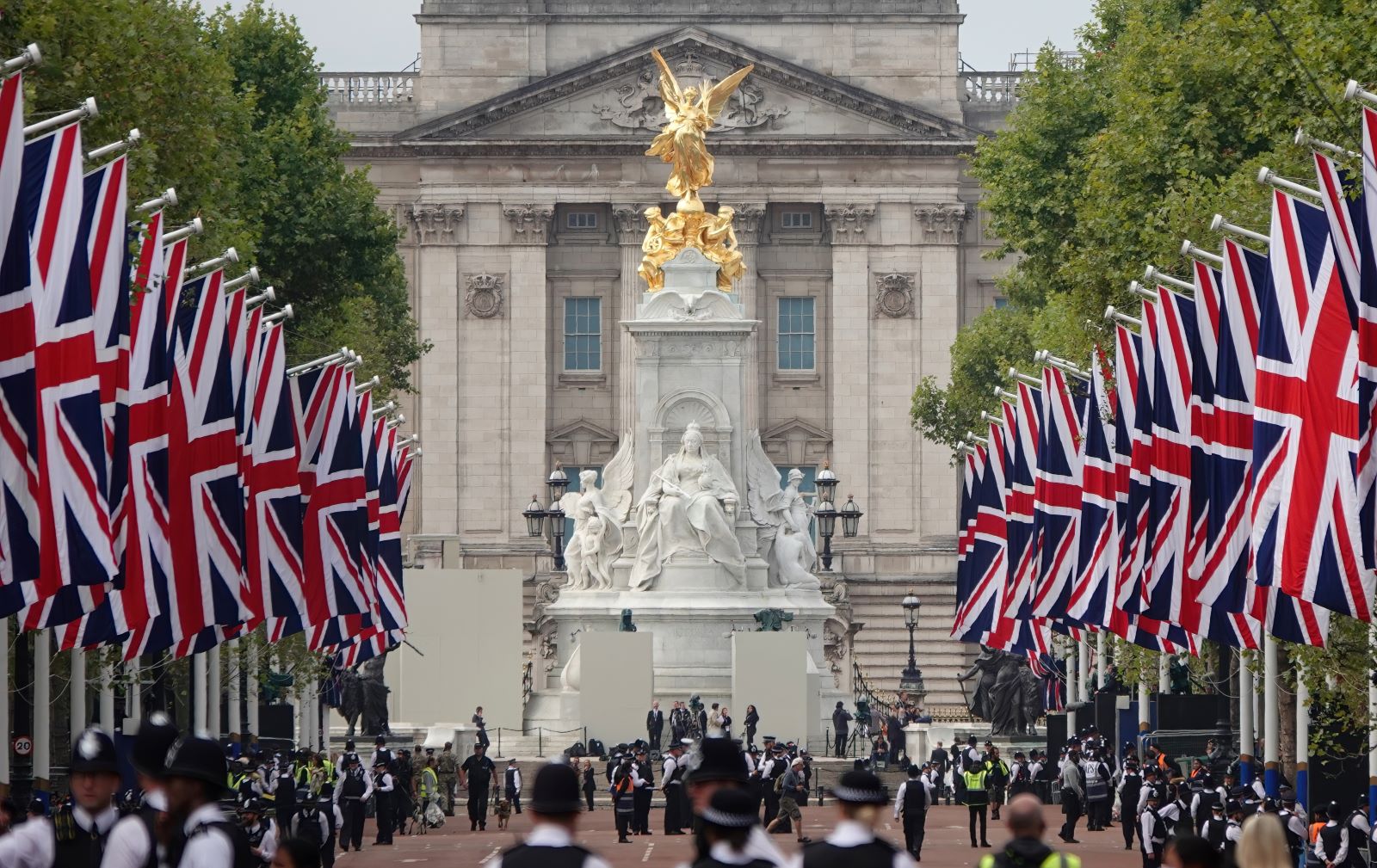
Tabloid coverage of the Royal Family can be highly biased, reflecting personal and political agendas. This selective reporting shapes public opinion about the monarchy, often to the detriment of a balanced view.
19. Political Scandals and Tabloid Exploitation

Tabloids exploit political scandals for sensational stories, often ignoring deeper issues. This approach diverts attention from systemic problems and focuses on scandalous details.
20. The Tabloid Influence on Public Sentiment

Tabloids play a significant role in shaping public sentiment through selective reporting and sensationalism. This influence can skew perceptions of reality and impact societal attitudes.
21. The Commercialisation of Tragedy
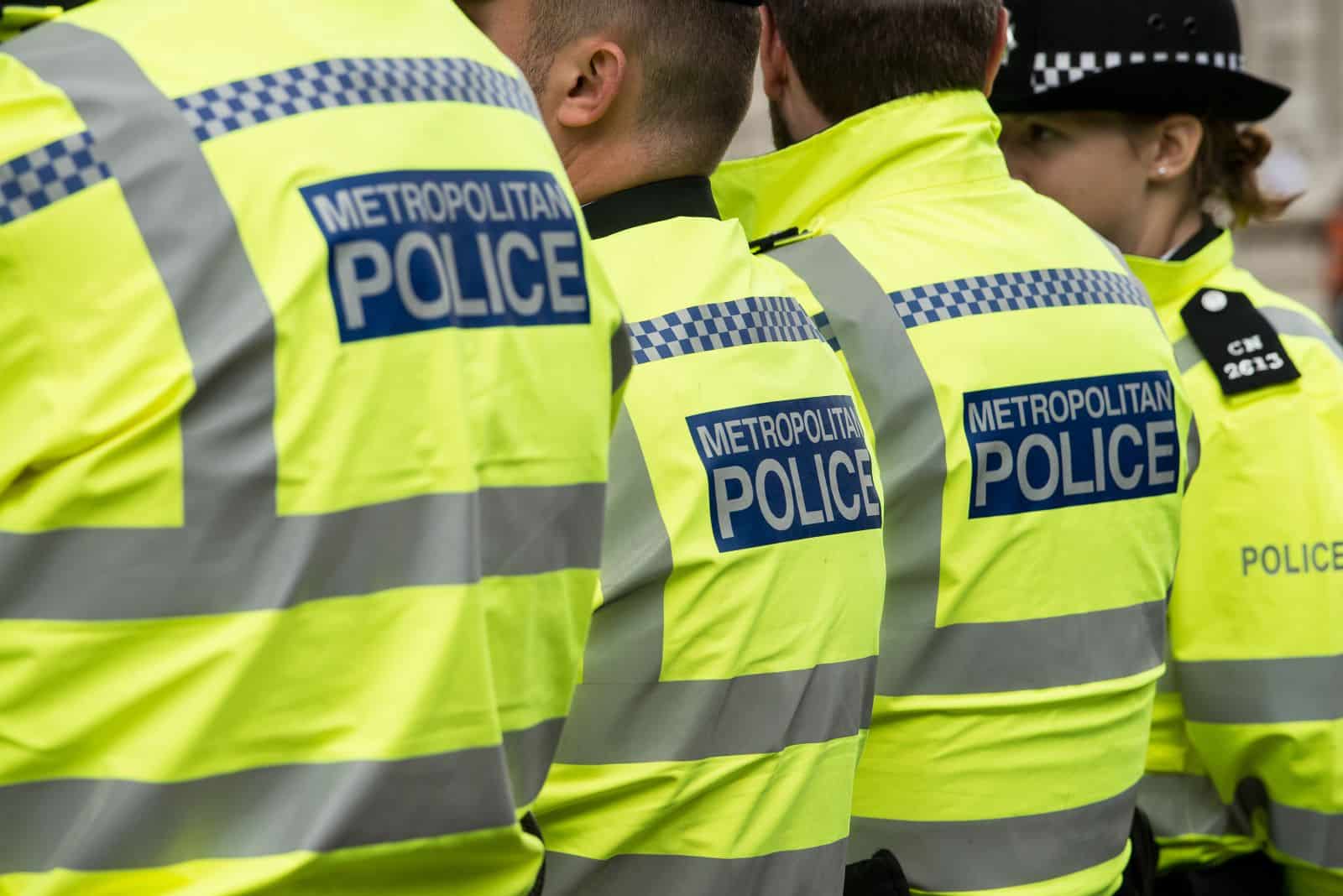
Tabloids frequently turn personal tragedies into profit-driven stories, prioritising sensationalism over compassion. This commodification of suffering demonstrates the media’s disregard for ethical journalism.
The Tabloid Takeover
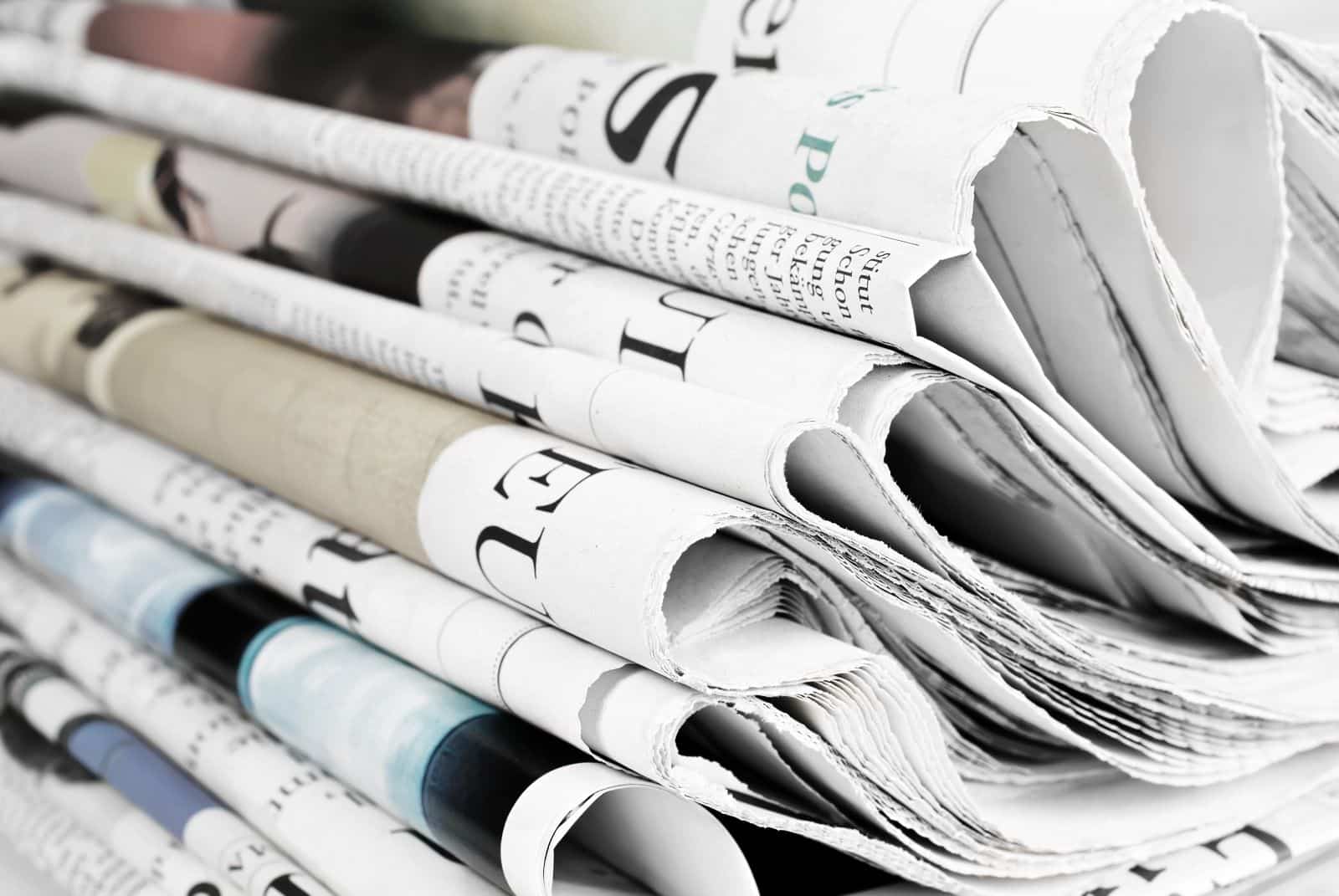
The media’s manipulation and misinformation in the UK should alarm us all. It’s time to challenge the narratives and demand a media landscape that values accuracy, transparency, and integrity.
Featured Image Credit: Shutterstock / Tony Baggett.
For transparency, this content was partly developed with AI assistance and carefully curated by an experienced editor to be informative and ensure accuracy.
The images used are for illustrative purposes only and may not represent the actual people or places mentioned in the article.

